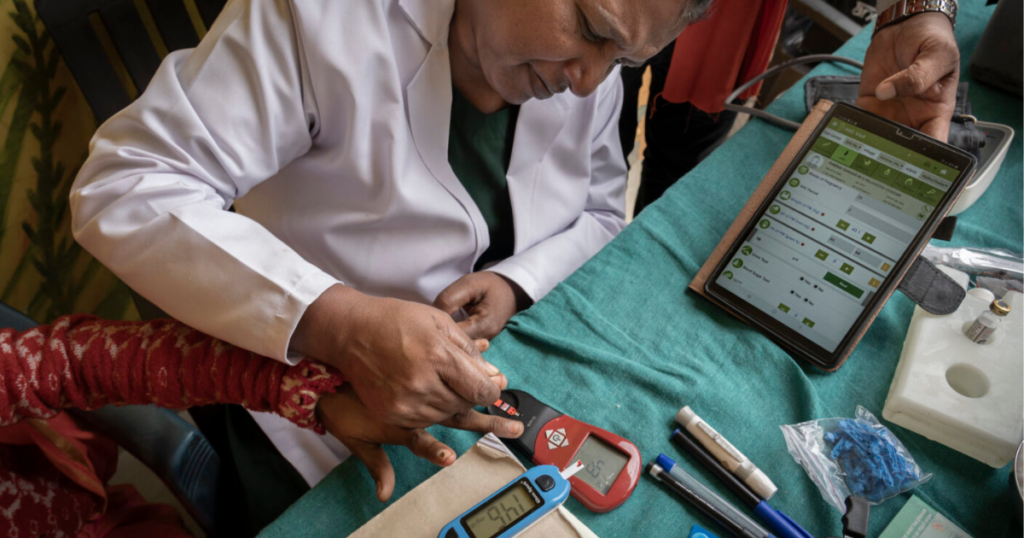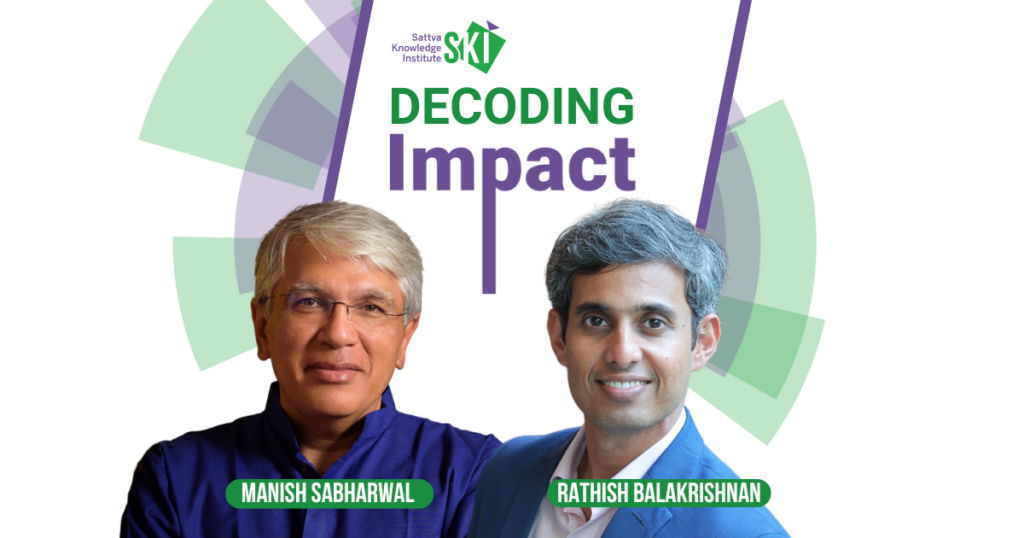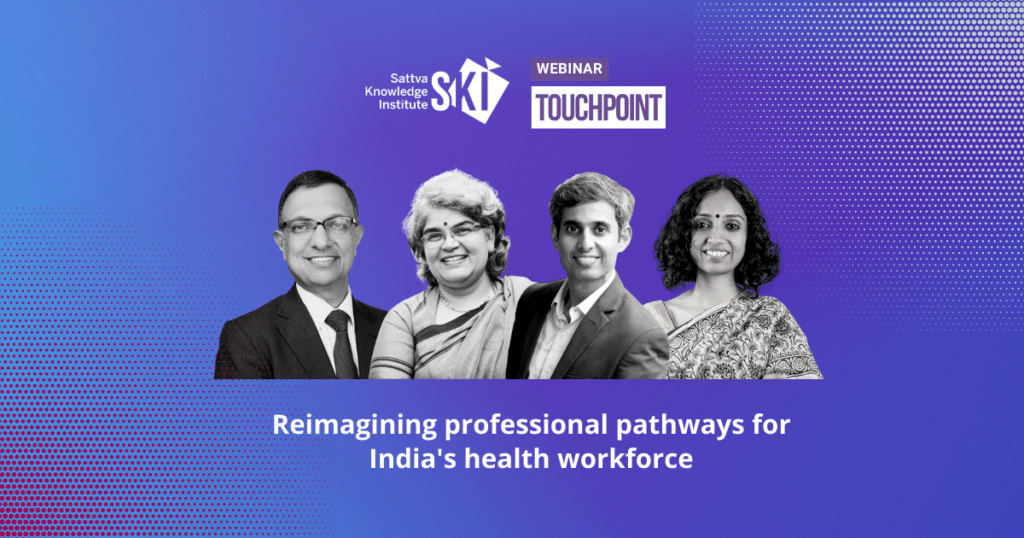Amongst the most crucial causes of India’s agrarian crisis and subsequent economic slowdown is the structural inability of its small and marginal farmers to access small-sized, affordable and timely credit. The Open Credit Enablement Network (OCEN), an upcoming digital protocol, displays immense potential in challenging this situation, by shifting how credit is offered to financially excluded groups.
Instead of underwriting loans against a borrower’s physical assets and collaterals, OCEN seeks to leverage the borrower’s digital data trails to extend credit based on real-time and continuous projections of their cash flows. This new ‘cash flow-based’ lending model promises to reduce overall costs across the lending value chain, making it economically viable for financial institutions to underwrite fast, small-sized and customised loans, and enabling the financial inclusion of small and marginal farmers.
However, an analysis of the socio-technical context of small and marginal farmers reveals that structural impediments such as the lack of robust digital financial trails, poor formal records, and distrust in financial institutions hinder the adoption of OCEN. Thus, for small and marginal farmers to access, adopt and reap its benefits, much groundwork is still to be laid. Going forward, philanthropy is well-situated to orchestrate ecosystem players and build safeguards into OCEN, strengthen digital literacy and infrastructure in rural India, and develop the innovation ecosystem for OCEN. This collaboration of stakeholders will ensure that OCEN’s promise of enabling small and marginal farmers’ access to low-cost, small-sized and timely credit is actualised.
Contributors: Asawari Luthra, Abhishek Modi, and Nehal Kaul.
We are grateful to Arun Prasad Sahoo (Zonal Head-East Farmers Network, Samunnati), Gaurav Singhal (Founder, Arboreum), Nipun Mehrotra (Founder, The Agri Collaboratory), and Shoaib Rahman (Manager, Dvara E-registry) for their valuable insights that helped shape this perspective.




